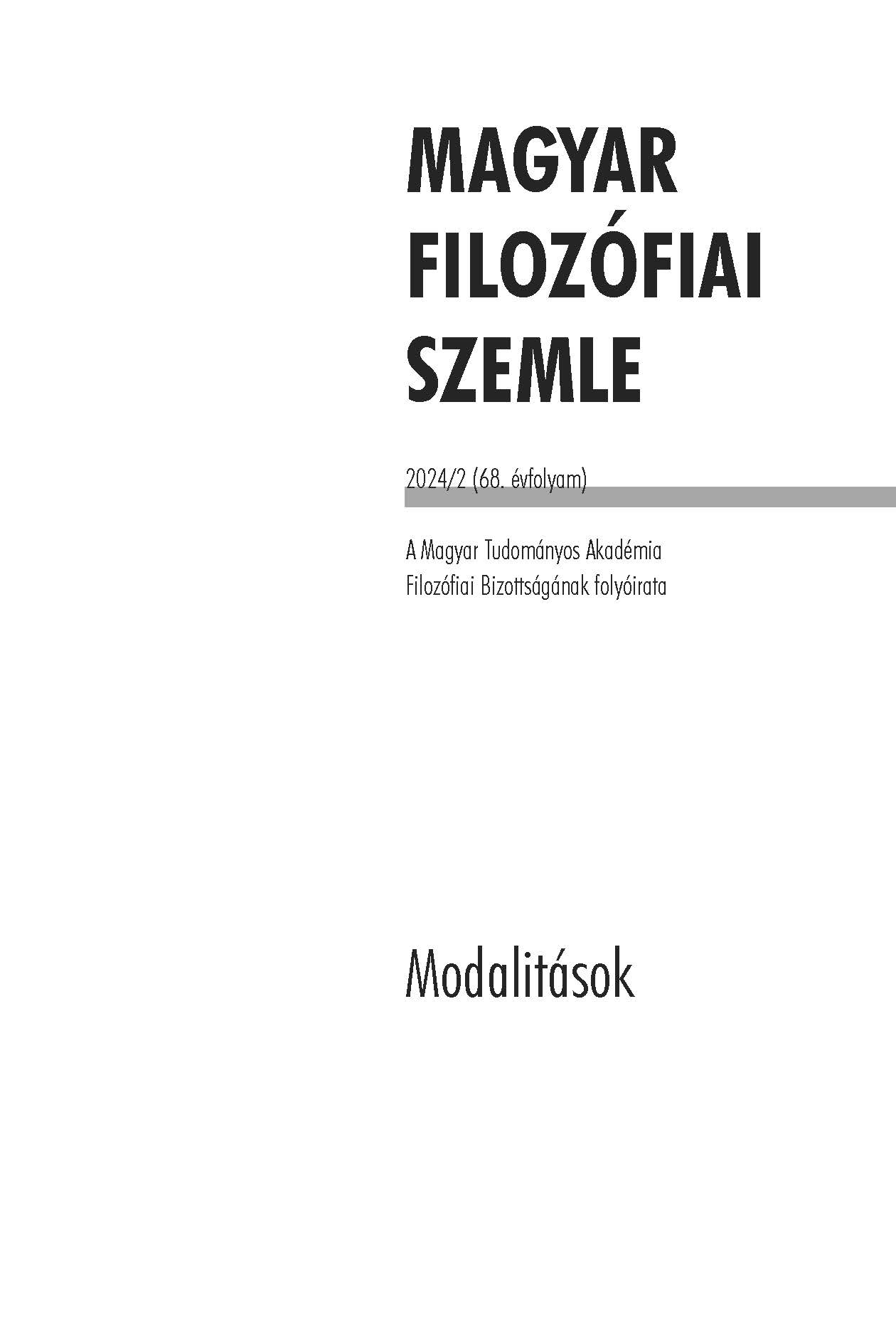A morális túlkövetelés problémája és a hivatás filozófiája
Absztrakt
Tanulmányom fő kérdése, hogyan lehet egyszerre elfogadni azt, hogy a morális kötelességek az élet minden területére kiterjedő feltétlen követeléseket támasztanak az egyénnel szemben, tekintet nélkül az egyén preferenciáira, ugyanakkor az egyénnek joga van az élet számos területén követnie saját preferenciáit. Feltételezésem szerint a kérdést a hivatás segítségével lehet megválaszolni, mert úgy tűnik, hogy e fogalom az, amely ötvözi a moralitás feltétlenségét és az egyéni preferenciák jelentős szerepét az életvezetésben.
A morális túlkövetelés problémájának felvázolása után bemutatom a hivatás fogalmát, lehetséges felfogásait, illetve a felfogások előnyeit és hátrányait. Mivel a hivatás fogalma a zsidó-keresztény kultúrában jelenik meg először, elemzésem a hivatás teista felfogásával kezdem, ezt követően mutatom be a hivatás fogalmának általános jellemzőit, majd rátérek a szekuláris elméletekre. Ilyen az önaktualizációs elmélet, amelyben a hivatás igazi énünk beteljesítését jelenti, a szubjektív elméletek, melyekben a hivatás az autonóm cselekvő választásának az eredménye, illetve az általános normatív etikai – vagy moralista – elméletek, melyek a hivatást az általános erkölcsi kötelességekkel azonosítják. Vizsgálódásaim végeredménye az, hogy a túlkövetelés problémáját eddig csak a teista elméletek tudták megnyugtatóan kezelni azáltal, hogy világos magyarázatot adtak a moralitás és a hivatás forrására és viszonyára, a szekuláris elméletek vagy nem világosak ezen a ponton, vagy olyan viszonyt állítanak fel a kettő között, amely vagy a moralitás, vagy a hivatás normatív súlyát túlságosan lecsökkenti.



